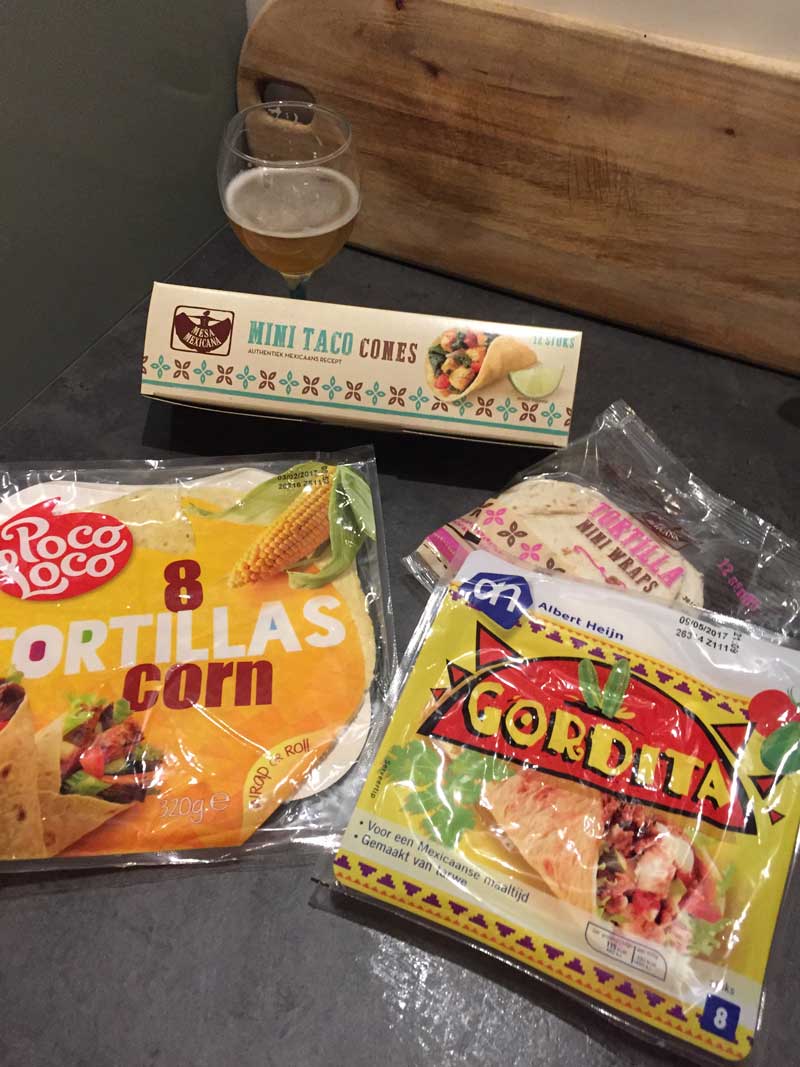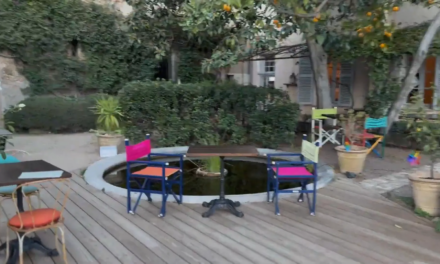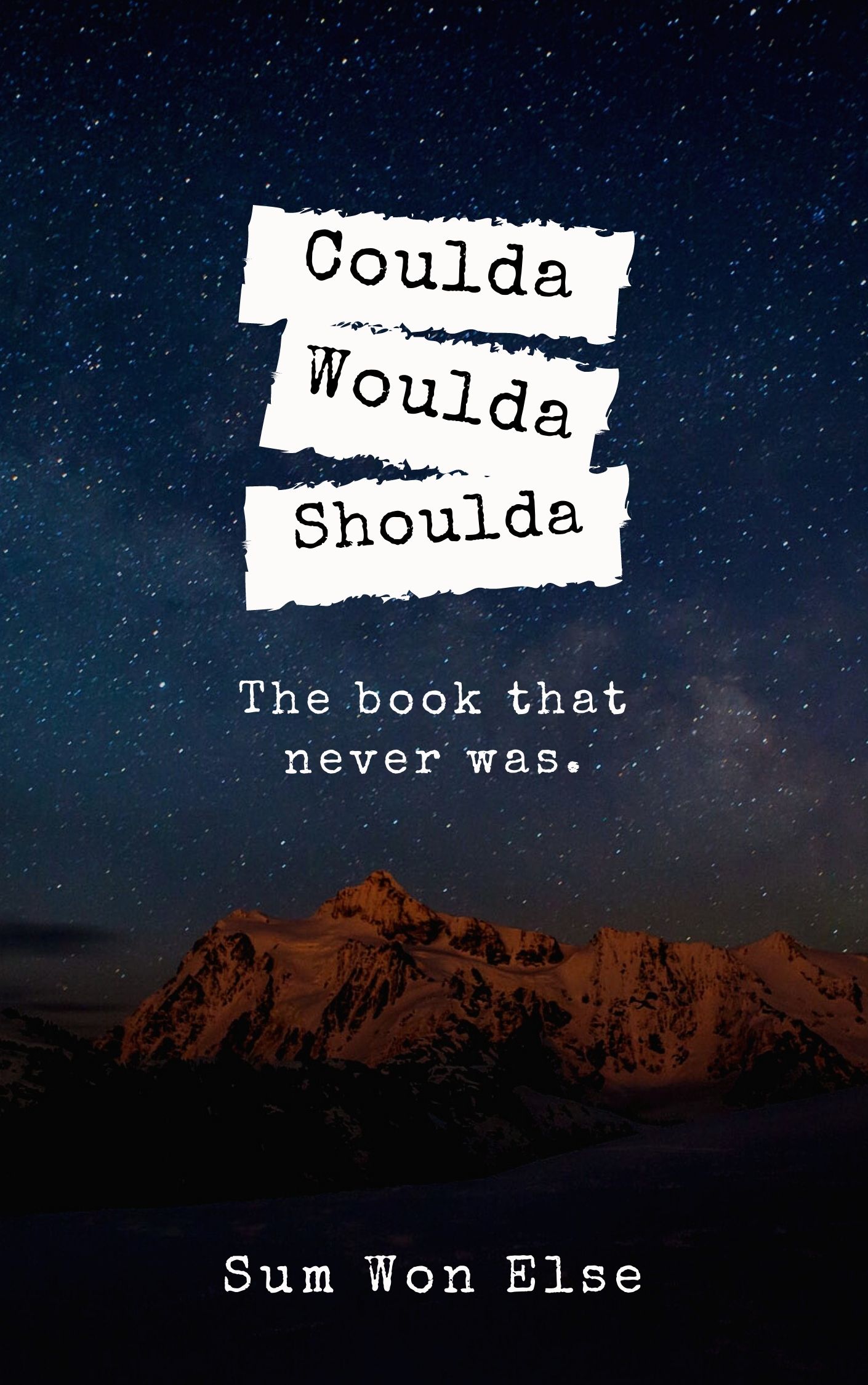
R is for Respect

- A is for Acknowledgment
- B is for Beneficient
- C is for Choice
- D is for Duh!
- E is for Efficient
- F is for Fail
- G is for Generosity
- H is for Health
- I is for Indecision
- J is for Jealousy
- K is for Kin
- L is for Likoma
- M is for Momentum
- N is for Naive
- O is for Overwhelmed
- P is for Proverb
- Q is for Quick
- R is for Respect
- S is for Smile
- T is for Trust
- U is for Useful
- V is for Virus
- W is for Whisper
- X is for Xanadu
- Y is for Yellow
- Z is for Zebra
- A to Z Wrap Up
If there’s one word I try to instill in my kids, it’s respect.
It has so many aspects, definitions and applications, it can be almost universally applied–and we’d all be a little better off. There’s the old-school, “Respect your elders.” So what does that mean when you’re a kid? Or even an adult, but respect for someone older? What do you actually do? As a kid, you’re more polite, conscious, helpful, concerned, altruistic,
There’s a strong correlation between self-respect and respect for others. You need to value your own health to value someone else’s. You need to understand your own culture and customs before you can (or at least tolerate) someone else’s. I learned more about the United States when I first lived in France for a year. You respect someone’s time, habits, manners, sickness, or troubles. It’s overly simplified to say they’re doing it wrong or you don’t understand. It’s something quite different to stand in their shoes and see it from their perspective. You then respect where they’re coming from because you understand it or at least recognize it.
If you don’t respect yourself, it’s all the more difficult to respect others.
But you have to get that going on yourself first. If I don’t respect my own health, I might joke to a friend on a diet that he should eat the garbage I’m eating. I’m not respecting his efforts, his challenges, his goals. If you’re always late, you’re not respecting your own value of time–but even worse, you’re not thinking about the value of the time for the person you’re keeping waiting.
Click to Retweet: R is for RespectIn most languages, there are very clear distinctions between the pronoun “you” informally and formally. In Dutch, for example, to your friends, you say “je” or “jij.” But to a stranger or elder, you’d use the formal you of “U.” When I worked in Germany, my boss became a very good friend. In the beginning, of course, we used the formal you to each other. But as we became friends, he said that I should use the informal. So I did. But then at the office, he quietly reminded me as I didn’t realize, I was to still use the formal address. I thought it was so strange. I was basically calling my friend the English equivalent of Sir! But guess what, it showed that I respected him. If only in verbal address and only in the office, I was being respectful.
This is such a huge topic, maybe it should become a series or a category here at The Cream. I’m fascinated by it and I find it if not the most important value one can have, it’s certainly in the top five. I truly believe that if everyone showed each other just a smidgen more respect, there would be less crime, less war, and basically less bad things. Maybe I’m oversimplifying. Maybe I’m not.

You can’t rush beach glass. You have to respect the time it takes. [Today on the Bay.]
Further Reading
- Respect: Wikipedia
- Urban Dictionary
- Goodreads: quotes about respect





























In the Philippines, we also pay respect using language. We put “po” at the ends of our sentences when talking to elders. We call older men “kuya” and older women “ate.”
Deecoded
Hi Dee, is it still in use today as much as in the past? Does the younger still have respect for the elders by using this language? Here’s a weird example, my brother-in-law (in Holland) still uses the formal address when talking to his … mother! Seems really odd to me, but he shows her respect by doing so. I guess when you grow up with that in your language, you’re more used to it and it’s more natural.
I guess you’re right, it’s not as prevalent as it was in the past, but we do still use it.
I agree with everything you said here. Respect for myself and others is huge in my world. I also found it so interesting how much I learned about my own culture, how much more respect I have for it now, from spending four months in Botswana. One interesting angle you might also explore is the fact that self respect tends to call for respect from others as well. It all starts at home!
I learned about your blog because Ida (wonderful woman that she is) nominated you for a Leibster and gave you a shout out!
Cheers from Brandy at brandysbustlings.blogspot.ca
I think, frankly, that every American should be required to travel the world for a certain period of time (I don’t know, at least three months). You just learn SO MUCH about yourself and your country, your culture, your family, your world when you travel. And I’m not talking about the suite at the Ramada in Bangkok.
Thanks for the comment, Brandy!
So true that if you can’t respect yourself it is difficult to respect others. I also think that if you can’t respect others it is difficult to respect yourself. Quite a cycle!
I didn’t think about that, you’re right: it could be a vicious circle. Even more reason to work on our own respect for ourselves first. Then respect for others will be all the easier. Thanks!
In Denmark they use du and have stopped using the formal De (only royalty now), and kids in schools use first names for teachers. There is a need for more teachings about self/respect.
Wow. I wonder what it’s like for kids in Holland now (I haven’t lived there for 10 years now).
Respect life from womb to tomb…
That could go here under Respect or over at P is for Proverb. 😉 Thanks, Cathrina.